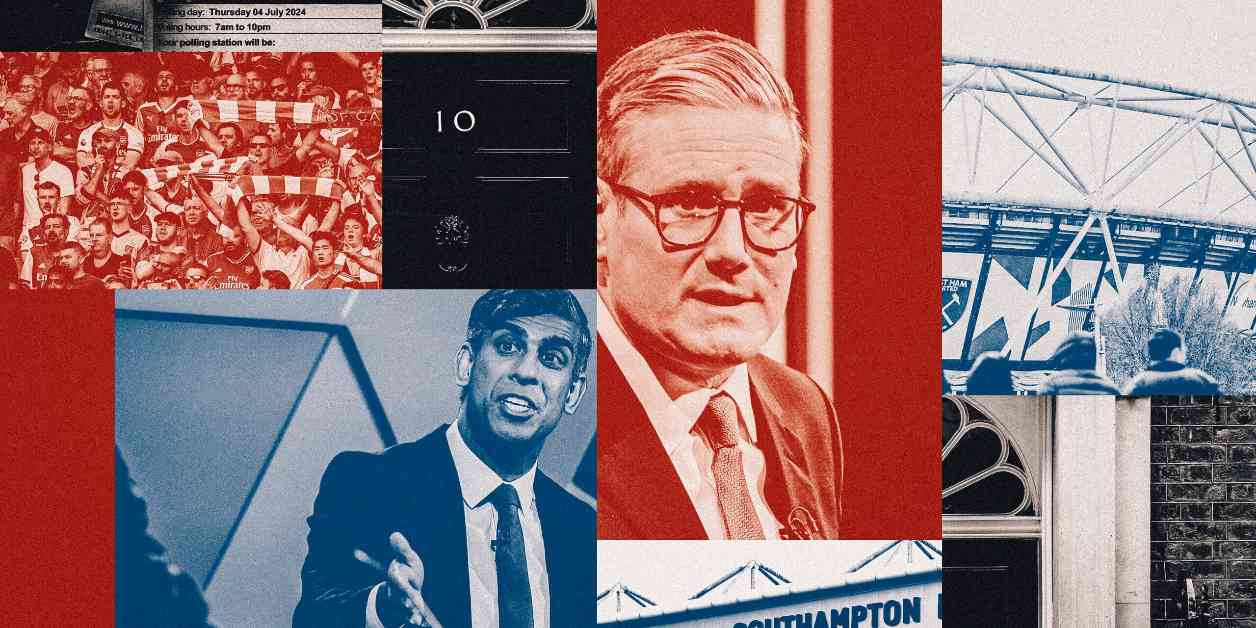On a warm day in Gillingham, Labour leader Sir Keir Starmer launched his General Election campaign at the Priestfield Stadium. The constituency of Gillingham and Rainham is a key Labour target, with candidate Naushabah Khan aiming to overturn the Conservative incumbent’s majority.
Football has played a significant role in shaping this election. Starmer, an Arsenal fan, has visited lower-division clubs in target constituencies, emphasizing his commitment to the sport. Both Labour and the Conservatives have incorporated football into their policies, with promises to introduce an independent regulator to the sport.
The connection between football and politics is not new. Politicians have long used football as a PR tool to connect with voters. In Gillingham, the town’s biggest issue is the decay of its high street, reflecting wider economic challenges faced by many towns in England.
The town’s football club, like many others, has experienced financial difficulties over the years. Gillingham has moved between the lower two divisions, highlighting the challenges faced by clubs in smaller towns. The town’s football club has been a focal point for politicians, with the previous owner being a strong supporter of the Conservatives.
The intersection of football and politics is evident across the UK. From Gillingham to Bury, and West Ham to Merseyside, football clubs have become part of the political landscape. Issues such as club ownership, financial stability, and community engagement are key factors in local elections.
As the 2024 general election approaches, the impact of football on politics is undeniable. While the outcome may seem certain, the influence of football fans in key constituencies cannot be underestimated. The connection between the sport and political decisions will continue to shape the landscape of UK elections for years to come.




